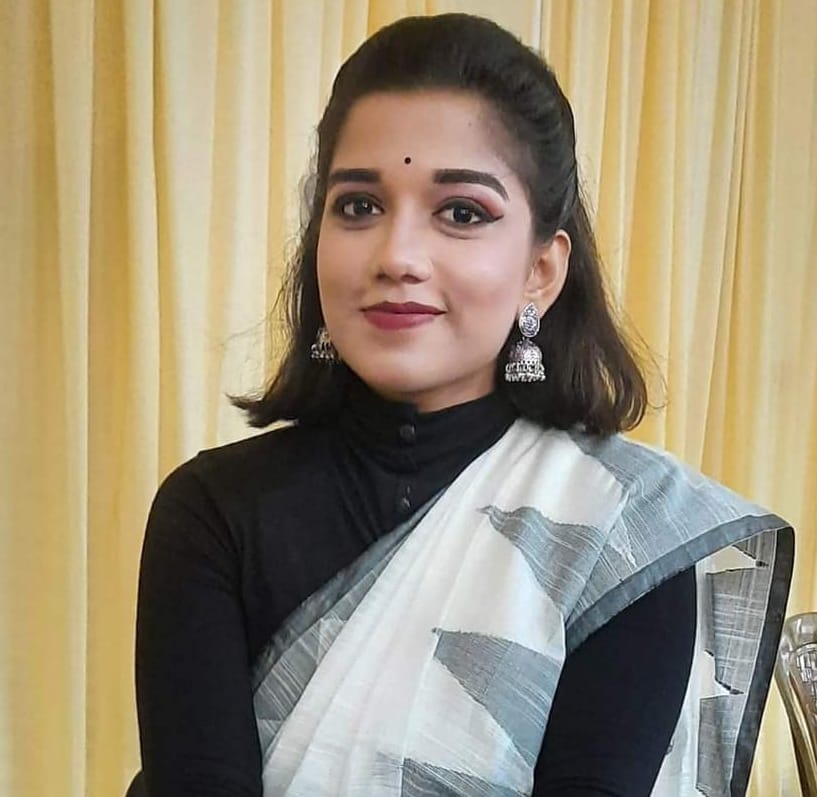Is an Honest Adaptation Possible?

"It is better to fail in originality than to succeed in imitation." -Herman Melville
The transparency of 'imitation' or adaptation of an original literary piece can be analyzed through the scrutiny of four major facets: plot, characters, setting, and minute yet important events and information. The bland answer that adaptations cannot be cent percent honest would probably not suffice. Let us consider parallelly the parameters that are responsible for the impossible avoidance of distortions in adaptations.
Firstly, a book when adapted to a film, or stage play, the limitation of time frame compels the direction to cut short certain events, and information in between. Secondly, and undoubtedly, readers of a book are always much lesser in number than in the adopted audio-visual form. Hence, certain contemporary interests are contemplated, according to which the plotlines (and especially the endings) are distorted very often. Scanning becomes more evident when backed by relevant examples. So, why look into some canonical books drawing equivalence to the adaptations?
Who isn't nuts about Harry Potter? J.K. Rowling in her seven books of the Potter series has left almost no scope for Potterheads to question the formation of Animagus. While in The Prisoner of Azkaban, we only get a surface knowledge of Lupin's werewolf transition, the books have an in-detail description of James Potter, Sirius Black, and Peter Pettigrew's animagi and its backdrop. In fact, the mystery of the Marauders' map is only revealed in the third book and not in the movie; Moony, Wormtail, Padfoot, and, Prongs being Lupin, Peter, Sirius, and James respectively.
Next, the house elves are absolutely underrated and have been devoid of admiration by the wizarding world in the movie. But, in the books, they are a projection of employment in the Hogwarts kitchen. In fact, the female house-elf Winky is not included at all in the "The Goblet of Fire" movie like it is projected in the book. In fact, Tom Riddle's parentage, and Neville's supposed position of being 'The Chosen One'; all these are kept untouched. There are 99 such other in-between-lines detailing that the Warner Brothers missed out of compulsion or consciously. Even the iconic ball dance of Harry and Hermione is an exclusive addition to the 'Deathly Hallows' (pt. 1) movie, to keep up to a standard film expectation stereotypically.
What about a sneak peek at the Indian cinema? Well, I can't think of a better context than adaptations of Tagore's novels. In the film adaptation of 'Ghare Baire', Ray has very delicately focussed on a kissing scene between Bimala Chaudhury and Sandip Mukherjee. This event never takes place in the original novel. In fact, the novel treats nationalism as the central theme which is supported by the three major characters. But, the movie mirrors more like the storyline of a love triangle with a small room for nationalism to accelerate the plot.
A canon of the Regency Period, Jane Austen's Pride and Prejudice also made its way to a film adaptation, directed by Joe Wright (2005). But, Wright has not ended the movie as Austen did in the novel - with the nuptial bliss of Mr. Darcy and Elizabeth Bennet. This, undoubtedly created controversy among Austen readers as Wright ended the movie with the scene of confession and acceptance of love, and eventually their supposed promise of marriage, through a passionate kiss.
In 'Game of Thrones' the show's most heartbreaking scenes occur when Sansa is coerced into marrying Ramsay Bolton (Iwan Rheon), who has seized control of the North. Ramsay brutally abuses Sansa, assaulting her, yet none of this is depicted in the novels by R.R. Martin. Instead, Jeyne, a companion from Sansa's youth, disguises herself as Arya, Sansa's sister, and marries Ramsay. It was more logical to focus the plot on an established figure, and it significantly increased Ramsay's level of evil. The show has since drawn criticism for having too much sexual violence in it. Then, Bran has Jojen Reed (Thomas Brodie-Sangster) as a mentor and friend who assists him in honing his prophetic skills. He is attacked by woodland wights in the Season 4 finale, along with Bran and Meera (Ellie Kendrick). He doesn't make it while the others do. His passing away makes things more challenging for Bran and serves as a reminder that he needs to develop his own identity. Jojen, however, lives and continues to support Bran in the books.
The Pulitzer Prize-winning novel, The Colour Purple by Alice Walker has been adapted by Steven Spielberg into a movie. The movie, unlike the epistolary novel, does not make any attempt to highlight an integral part of the original plot - the homoeroticism between Celie and Shug Avery.
Hence, the adaptations of literary works seem to draw parallels with originality in terms of plot, major themes, minor characters, sometimes ending, setting, and other such elements. However, they end up with a story possessing an altogether different sensitivity or compromising on the minute yet intricate details or events. This, in turn, redirects the readers' perspective to a whole new or somewhat dissimilar dimension. So, 'honest adaptation' remains a myth in almost all literary adaptations.
